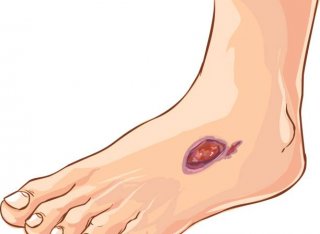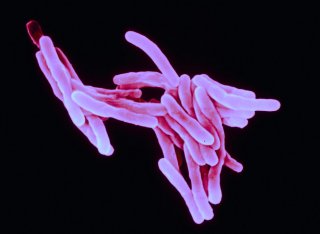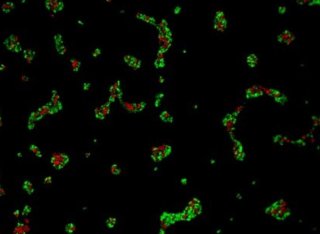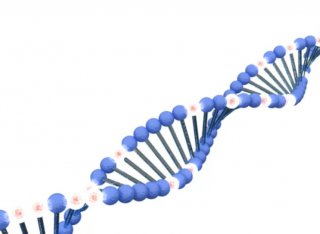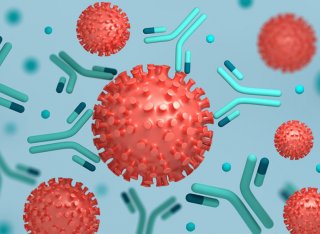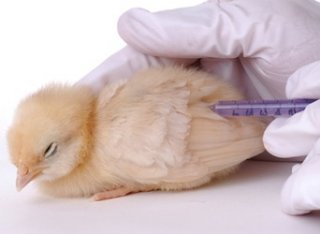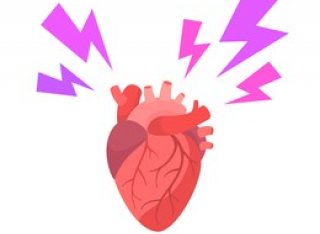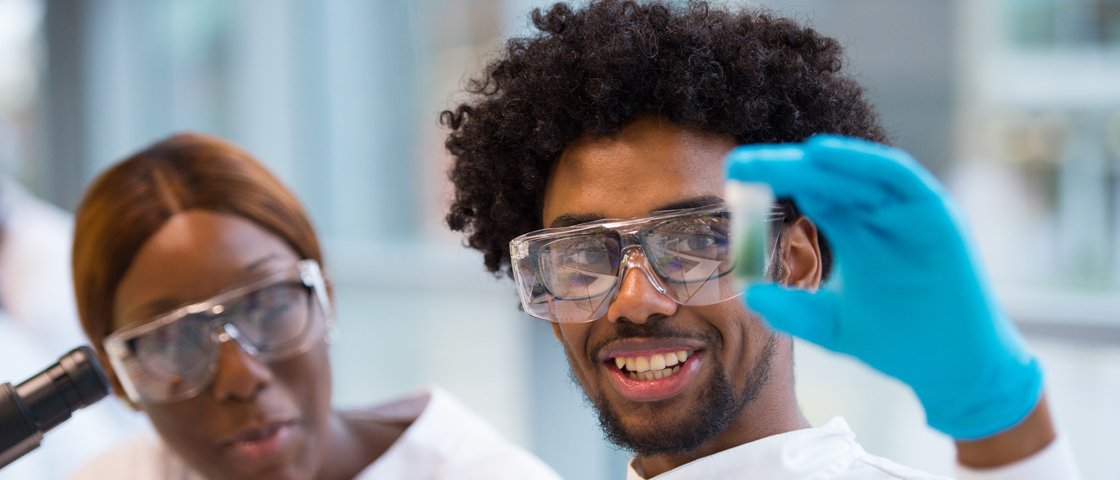
Bioscience for health
University of Surrey scientists seek a better understanding of human and animal health through work in areas such as immunology, biochemistry, chemistry cardiovascular biology, regenerative medicine, infectious disease and cancer biology.
Collaborations exist across disciplines, research groups and institutions, often led by the School of Biosciences or the School of Veterinary Medicine within the Faculty of Health and Medical Sciences.
Research projects
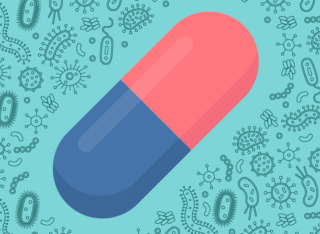
Fluoroquinolone-Resistant Enteric Bacteria in Sub-Saharan Africa | Bacteriology
Dr Chinyere Okoro is investigating the prevalence and transmission dynamics of clinically-important drug resistant enteric bacteria, including Klebsiella, E. coli and other enteric bacteria in community settings using a One Health approach.

Development of novel biodegradable polymers for drug release | Applied Polymer Chemistry
A project led by Dr Peter Roth has developed a novel method to prepare well-defined vinyl co-polymers and nanoparticles containing labile thioesters in the backbone. These can be broken under physiological conditions which we work to exploit the release of encapsulated drugs.

Probe Inhibitors of DNA Base Excision Repair Glycosylases | Organic/Medicinal Chemistry
Beginning with Alkyladenine Glycosylase (AAG), the project, led by Dr Daniel Whelligan, intends to design and synthesise small molecule inhibitors of DNA base excision repair glycosylases - enzymes that catalyse the removal of damaged DNA bases. A toolkit of soluble, membrane-permeable, selective inhibitors will be invaluable for study of repair pathways and their involvement in human diseases such as organ failure, stroke and cancer.
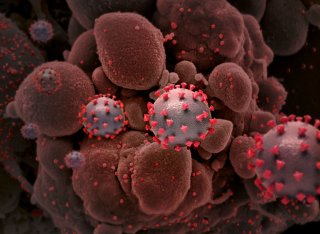
Immunity to SARS-CoV-2 and other challenges
Professor Deborah Dunn-Walters and her team are studying how to assess immunity after COVID-19, or the COVID-19 vaccine, using molecular methods of high throughput immunoglobulin repertoire sequencing and electrophysical methods of assessing the cellular immune response. Proper assessment of immunity is important for vaccine development and deployment.
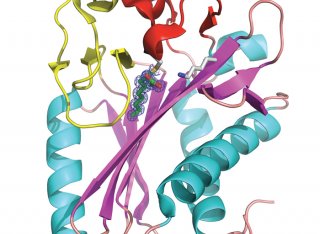
Characterizing the structure, function and drugability of tuberculosis proteins I Microbial Metabolism
Dr Beste at Surrey with collegues at the University of California Irvine will develop a structure-function pipeline for identifying metabolic therapeutic targets to treat tuberculosis
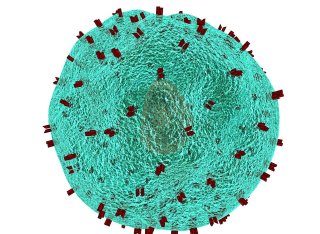
Delineating the signalling cascades that regulate the mitochondrial unfolded protein response (UPRmt) to protect the stressed heart | Molecular and Cellular Sciences
The group, led by Dr Ioannis Smyrnias, published the first study that describes the ATF5-mediated activation and protective role of the mitochondrial unfolded protein response (UPRmt) in the overloaded mammalian heart. However, little is known about the precise mechanisms involved. This project is designed to identify the specific signalling events that are activated downstream of ATF5 and mediate the cardioprotective effects of the UPRmt.
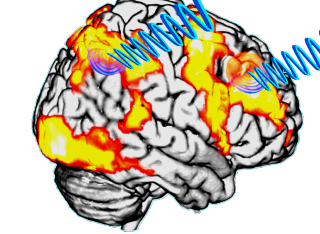
Development and application of neuromodulatory techniques to understand brain function and improve cognitive performance | Psychological Neuroscience
Dr Ines Violante is leading research to develop and employ protocols to improve the efficacy of brain stimulation. Bayesian optimisation protocols are developed to target electrical stimulation to individual brain networks to improve memory in young and older individuals. The study looks at how different types of non-invasive brain stimulation modulate brain networks and shape behavioural function. @inesviolante
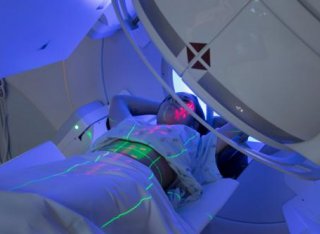
Biologically optimised radiotherapy for cancer treatment | Medical Physics
Professor Giuseppe Schettino leads research into physical, chemical and biological factors regulating the response of cells and tissues to ionizing radiation with the aim to improve clinical practice by tailoring radiation dose deliveries to patient radiosensitivities. More recently, the group is investigating the potential of using radiation for inhibiting virus for new faster and safer vaccine formulations.
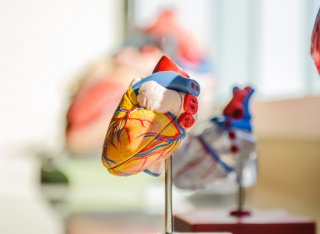
Small molecule blood biomarkers for coronary calcification | Clinical Physiology
Dr Kamalan Jeevaratnam's lab is interested in identifying biomarkers of coronary artery disease and markers of coronary artery calcification. The CorCal study is one such study where mRNA biomarkers are being investigated as correlates for coronary artery calcification in human patients.
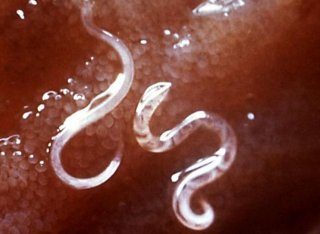
Zoonotic transmission of intestinal parasites: implications for control and elimination | Veterinary Medicine
With researchers in the Philippines, Dr Martha Betson is investigating the epidemiology of gut worms in humans and animals and seeking to quantify the contribution of animals to human infection. Project findings will enable development of novel control strategies, leading to increased effectiveness and sustainability of gut worm control.
Find out more
To join our Lifelong Health Network, share your research in this area or to find out more, please get in touch at lifelonghealth@surrey.ac.uk.
